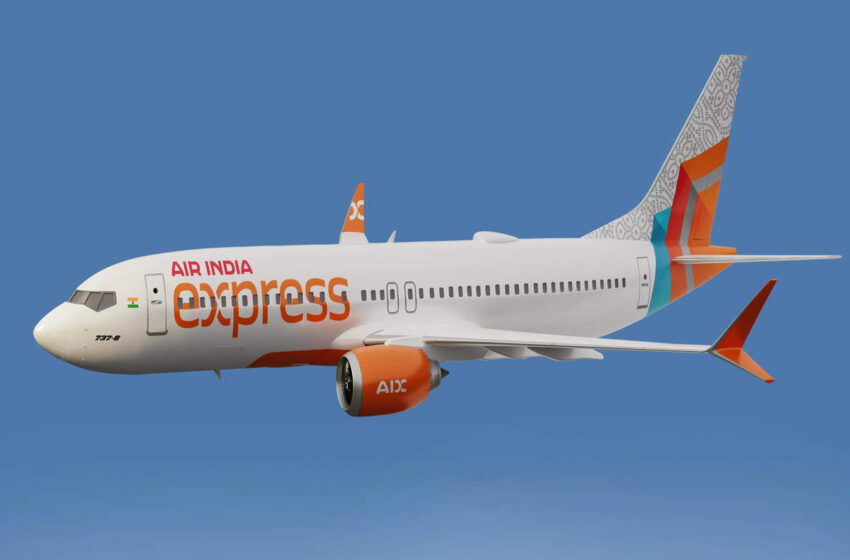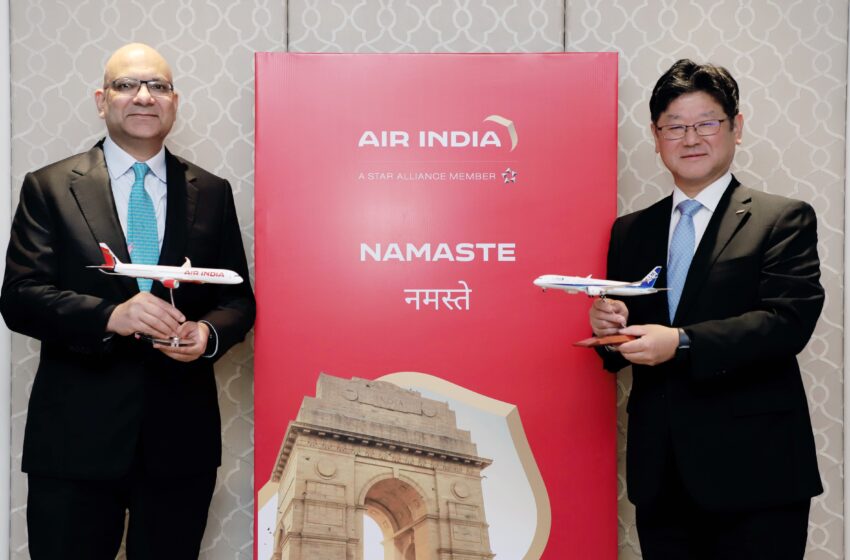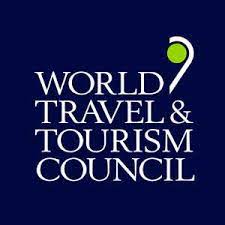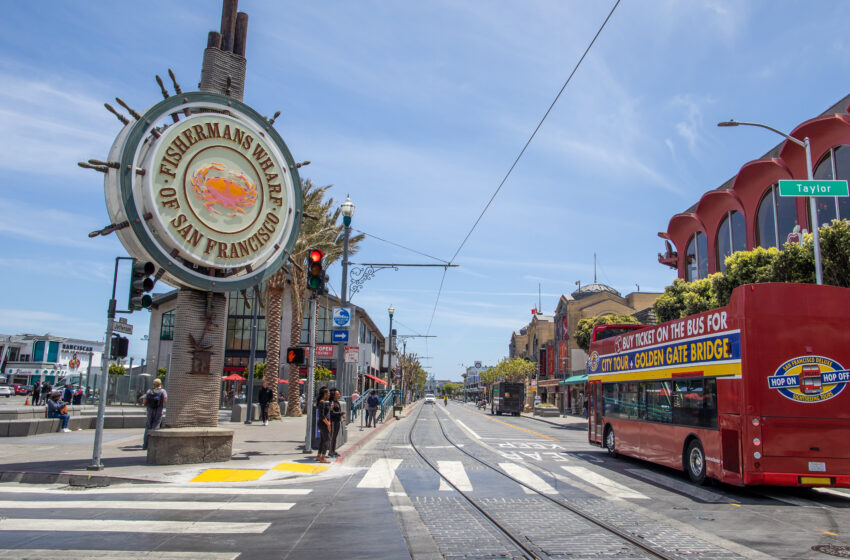San Francisco Travel Association, the official destination marketing organization for the City and County of San Francisco, released 2023 visitor impact results and an updated 2024 forecast at its annual Marketing Conference held yesterday at the San Francisco Museum of Modern Art.
The conference also featured presentations and panel discussions on AI and other pioneering technologies and initiatives shaping the visitor experience and destination sales and marketing.
2023 Results
San Francisco attracted 23.1 million visitors in 2023, a 5.2% year-over-year increase. Visitor spending grew by 18% to USD 8.8 billion. Total 2023 visitor-related spending, including USD 494.6 million in meeting planner and exhibitor spending, increased by 20% to USD 9.3 billion.
A strong convention year—marked by global events including Dreamforce and the Asia Pacific Economic Cooperation Leaders’ Summit—drove lodging gains. Hotel room nights attributed to delegates attending Moscone Center conventions totaled 618,298, an 82.6% increase from 2022. Moscone Center hosted 34 events in 2023, up from 33 the year prior.
Average hotel occupancy rose 3.2% to 64.2%. The average daily rate (ADR) was USD 243.80, up 7.2% year-over-year. Revenue per available room (RevPAR) rose 10.6% to USD 156.43.
Tourism generated USD 609.6 million in tax revenue for the city, an increase of more than USD 87 million compared to 2022. The visitor economy also helped support nearly 63,000 jobs in San Francisco, up 18%. According to the Bureau of Labor Statistics, the leisure & hospitality industry was the second-largest source of employment in San Francisco in Q3 2023.
“San Francisco’s tourism recovery efforts continue to make steady progress. While 2023 had us on the right trajectory with increased visitation and visitor spending, we still have ground to cover before the full impact of visitors reaches pre-pandemic levels,” said Scott Beck, President and CEO, San Francisco Travel. “Attracting more conventions and events to the city is a key focus for SF Travel given their citywide impact on San Francisco’s economy.”
“San Francisco is a thriving city full of vibrant neighborhoods, parks and open spaces, unmatched views, and some of the best food and hospitality in the world,” said Mayor London Breed. “We are proud to be welcoming more visitors back to our City and we are growing stronger every day, but there is more work ahead of us. We will continue to do everything we can to make San Francisco a welcoming, safe, and exciting city for visitors, workers, and our residents.”
International visitation continued to be a key driver in San Francisco’s tourism recovery, growing by 26% in 2023. Over two million international visitors contributed USD 4.64 billion in visitor spending.
According to the most recent 2023 data from Oxford Economics for San Francisco and San Mateo counties, visitation from Japan, South Korea, and China more than doubled. China regained its position as the top international market for visitor spend in San Francisco and San Mateo counties for the first time since 2019, contributing USD 633.4 million.
The top five international markets for visitor spending in 2023 were China, India, the U.K., Mexico, and Canada, and the top five for visitor volume were Mexico, the U.K., Canada, Germany, and India.
San Francisco International Airport (SFO)
In 2023, SFO served over 50 million passengers, up 18.7% from 2022. SFO added dozens of new and returning routes last year, including United Airlines launching its first nonstop service to Manila, Christchurch, and Rome; Starlux Airlines launching nonstop service from Taipei; and ITA Airways launching nonstop service from Rome. Additionally, SFO saw nonstop service from China resume with Air China, China Eastern Airlines, and China Southern Airlines flying from Beijing, Shanghai, and Wuhan, respectively.
Outlook for 2024
San Francisco Travel forecasts growth in visitation and overall visitor spending in 2024, driven primarily by increased leisure and business travel. Visitor volume is expected to reach 23.7 million, with 2.36 million international visitors forecast to contribute USD 5 billion of the anticipated USD 9.45 billion in 2024 visitor spending.
Hotel occupancy is forecast to reach 65%, and ADR is projected to grow by 3.3% to USD 251.91 in 2024. Hotel RevPAR is anticipated to increase by 4.7% to USD 163.82.
San Francisco Travel previously reported events at Moscone Center would be below their historical impact in 2024. The diminished impact of meetings and conventions is the direct impact of being unable to sell Moscone Center for two years during the pandemic.
Moscone Center is confirmed to host 25 events this year, accounting for more than 480,000 hotel room nights. San Francisco’s ethos of innovation continues to be a strong magnet for business and technology meetings, with events such as the Game Developers Conference, RSA Conference, Dreamforce, and Data + AI Summit taking place at Moscone Center this year.
Visitor spending is expected to surpass 2019’s levels by 2025, while visitor volume is expected to reach 2019’s 26 million in 2026. The impact of San Francisco’s visitor economy is expected to be back in volume and spending by early 2027.
SFO expects continued growth and projects it will service nearly 54 million passengers in 2024.






